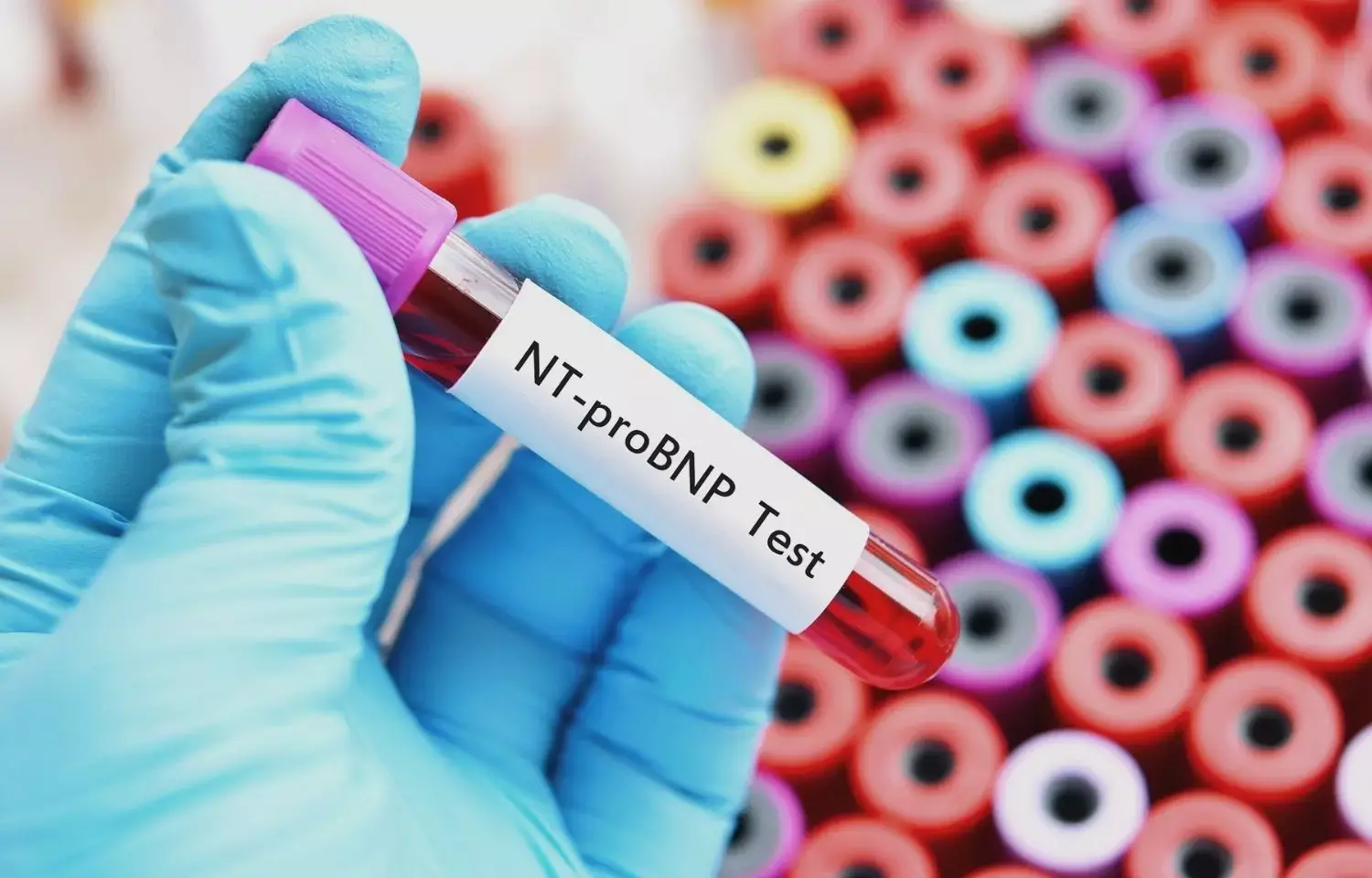- Home
- Medical news & Guidelines
- Anesthesiology
- Cardiology and CTVS
- Critical Care
- Dentistry
- Dermatology
- Diabetes and Endocrinology
- ENT
- Gastroenterology
- Medicine
- Nephrology
- Neurology
- Obstretics-Gynaecology
- Oncology
- Ophthalmology
- Orthopaedics
- Pediatrics-Neonatology
- Psychiatry
- Pulmonology
- Radiology
- Surgery
- Urology
- Laboratory Medicine
- Diet
- Nursing
- Paramedical
- Physiotherapy
- Health news
- Fact Check
- Bone Health Fact Check
- Brain Health Fact Check
- Cancer Related Fact Check
- Child Care Fact Check
- Dental and oral health fact check
- Diabetes and metabolic health fact check
- Diet and Nutrition Fact Check
- Eye and ENT Care Fact Check
- Fitness fact check
- Gut health fact check
- Heart health fact check
- Kidney health fact check
- Medical education fact check
- Men's health fact check
- Respiratory fact check
- Skin and hair care fact check
- Vaccine and Immunization fact check
- Women's health fact check
- AYUSH
- State News
- Andaman and Nicobar Islands
- Andhra Pradesh
- Arunachal Pradesh
- Assam
- Bihar
- Chandigarh
- Chattisgarh
- Dadra and Nagar Haveli
- Daman and Diu
- Delhi
- Goa
- Gujarat
- Haryana
- Himachal Pradesh
- Jammu & Kashmir
- Jharkhand
- Karnataka
- Kerala
- Ladakh
- Lakshadweep
- Madhya Pradesh
- Maharashtra
- Manipur
- Meghalaya
- Mizoram
- Nagaland
- Odisha
- Puducherry
- Punjab
- Rajasthan
- Sikkim
- Tamil Nadu
- Telangana
- Tripura
- Uttar Pradesh
- Uttrakhand
- West Bengal
- Medical Education
- Industry
NT-proBNP levels predict mortality in patients with acute decompensated and de novo heart failure: Study

Korea: The levels of NT-pro B-type natriuretic peptide (NT-proBNP) are an important prognostic factor for both de novo heart failure (DNHF) and acute decompensated chronic heart failure (ADHF), says a study published in the International Journal of Cardiology.
Patients with ADHF has consistently higher risks for 1-year all-cause mortality with the same NT-proBNP level compared to those with DNHF, the authors noted.
Previous studies have shown NT-proBNP to be a powerful prognostic factor for acute heart failure. Se-Eun Kim, Yonsei University College of Medicine, Seoul, Republic of Korea, and colleagues aimed to examine whether NT-proBNP levels differ based on the type of heart failure present.
Patients were categorized into two groups DNHF (n = 1617) and ADHF (n=1212) using a prospective, multicenter cohort, the Korean Acute Heart Failure Registry. Measurement of NT-proBNP levels was done on admission. All-cause mortality was the primary outcome and secondary outcomes were re-hospitalization for heart failure and a composite of all-cause mortality or re-hospitalization for heart failure at 90 days and 1 year.
Based on the findings, the researchers reported the following findings:
- NT-proBNP levels were significantly lower in patients with DNHF than in those with ADHF (median 4213 vs. 5523 ng/L).
- Compared to patients with DNHF, patients with ADHF had a significantly worse prognosis for 1-year all-cause mortality (adjusted hazard ratio (HR) = 1.46).
- A higher NT-proBNP level was associated with higher 1-year all-cause mortality for both heart failure types (adjusted HR = 2.00 in ADHF; adjusted HR = 2.41 in DNHF).
- All-cause mortality risk was always higher in patients with ADHF than in those with DNHF for any given NT-proBNP level.
The authors conclude, "NT-proBNP had an important role as a prognostic factor in both DNHF and ADHF. However, as time passed ADHF had poorer outcomes than DNHF." "ADHF patients had higher risks than DNHF patients at any level of NT-proBNP."
Reference:
Kim SE, Cho DH, Son JW, Kim JY, Kang SM, Cho MC, Lee HY, Choi DJ, Jeon ES, Yoo BS. Impact of NT-proBNP on prognosis of acute decompensated chronic heart failure versus de novo heart failure. Int J Cardiol. 2022 Jun 23:S0167-5273(22)01007-5. doi: 10.1016/j.ijcard.2022.06.055. Epub ahead of print. PMID: 35753618.
Dr Kamal Kant Kohli-MBBS, DTCD- a chest specialist with more than 30 years of practice and a flair for writing clinical articles, Dr Kamal Kant Kohli joined Medical Dialogues as a Chief Editor of Medical News. Besides writing articles, as an editor, he proofreads and verifies all the medical content published on Medical Dialogues including those coming from journals, studies,medical conferences,guidelines etc. Email: drkohli@medicaldialogues.in. Contact no. 011-43720751


